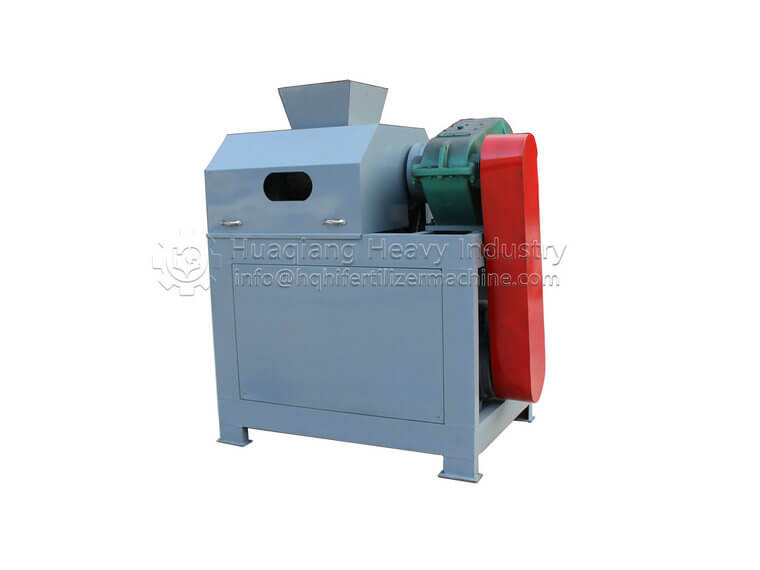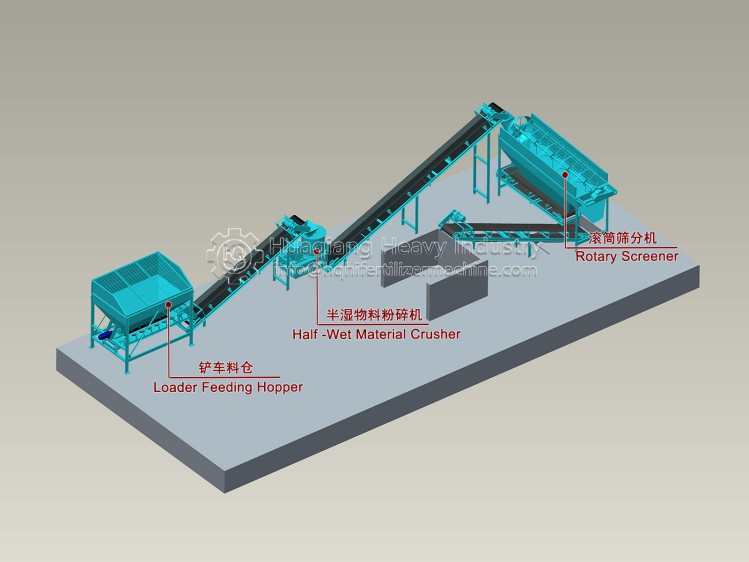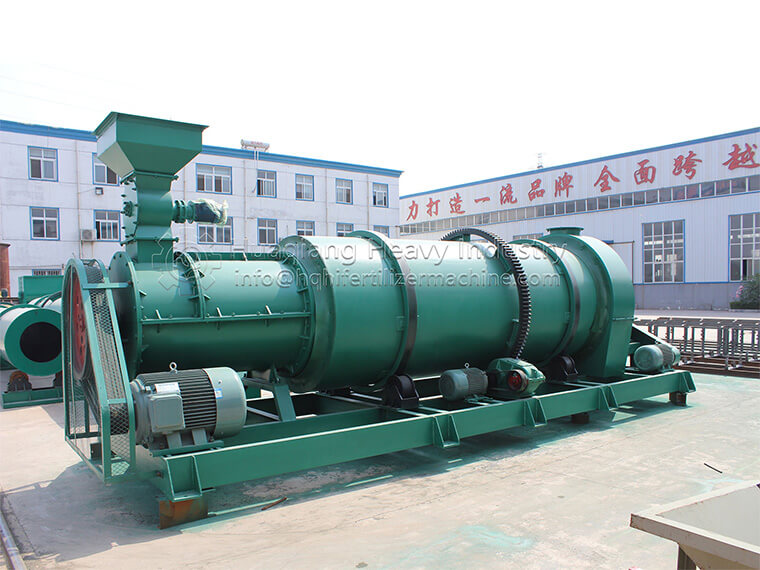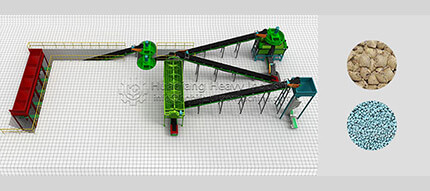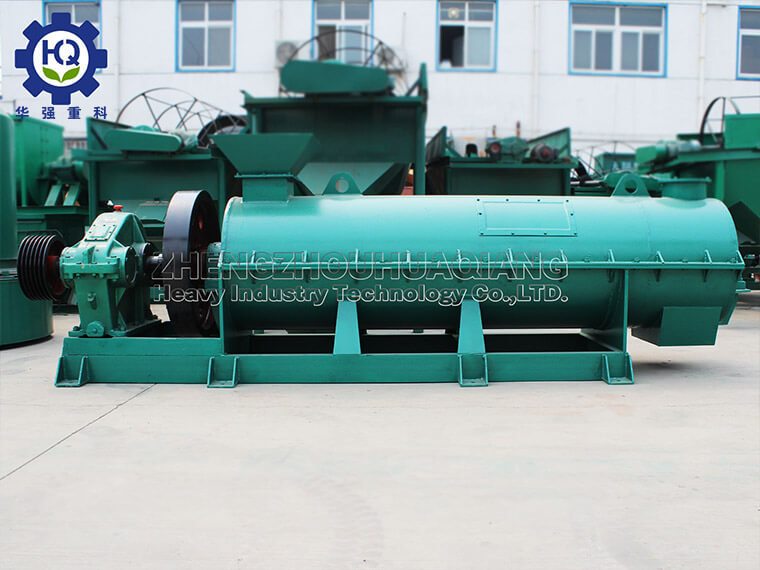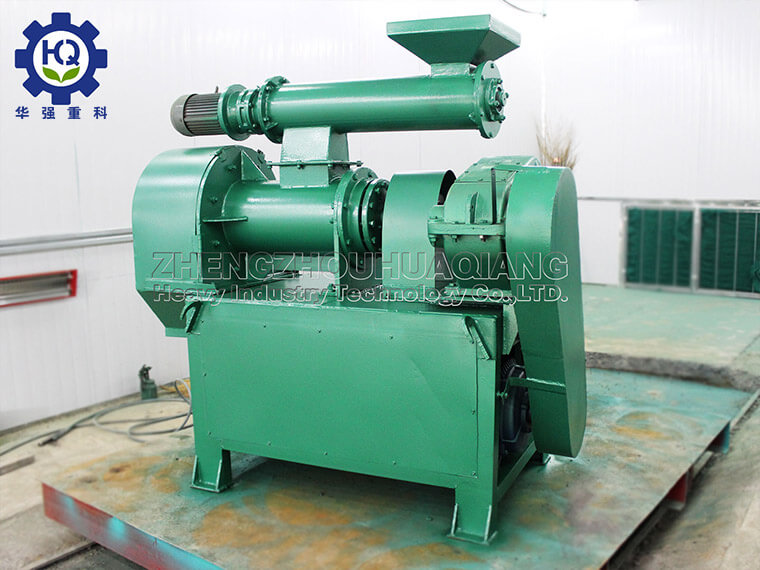The combined application of organic fertilizer and chemical fertilizer can improve the utilization rate of fertilizer. Chemical fertilizer has high nutrient content per unit, few components and quick release, belonging to quick acting fertilizer; Organic fertilizer contains a lot of nutrients, but the relative content is low, and the release is slow. It is a long-term fertilizer. In order to maintain the self-sustaining ability of nutrients and soil fertility, and strengthen the recycling and reuse of soil nutrients, organic fertilizer and chemical fertilizer should be applied in a reasonable way to complement each other, so as to combine the long and short fertilizer effects, which is more conducive to the absorption of crops, provide nutrients for crops, and improve the utilization rate of fertilizers.

Organic fertilizer equipment makes agriculture more and more green. For the farm, if the chicken manure, pig manure and other excrement are not treated in time, it will cause great pollution to the environment, especially to the surrounding air and soil, and bring trouble to the surrounding residents. In fact, animal manure is a good organic fertilizer. Processing animal manure into efficient organic fertilizer through organic fertilizer equipment can increase income while protecting the environment!
Organic fertilizer equipment has truly realized the development of agricultural cycle. The new organic fertilizer production line technology is more conducive to the harmless treatment of agricultural organic wastes by using bio organic fertilizer equipment. For the fermentation treatment of organic manure compost, the organic manure equipment is used to treat organic manure, which does not necessarily need livestock manure, chicken manure and pig manure. Wheat straw and corn straw mixed farm manure, pig manure and pig manure can also be added, and the organic manure production equipment is used for harmless treatment. Microbial organic fertilizer fermentation bacteria are added for composting fermentation, and the organic fertilizer granulator produces microbial organic fertilizer. The organic fertilizer production equipment is an ideal harmless treatment method for agricultural wastes.


